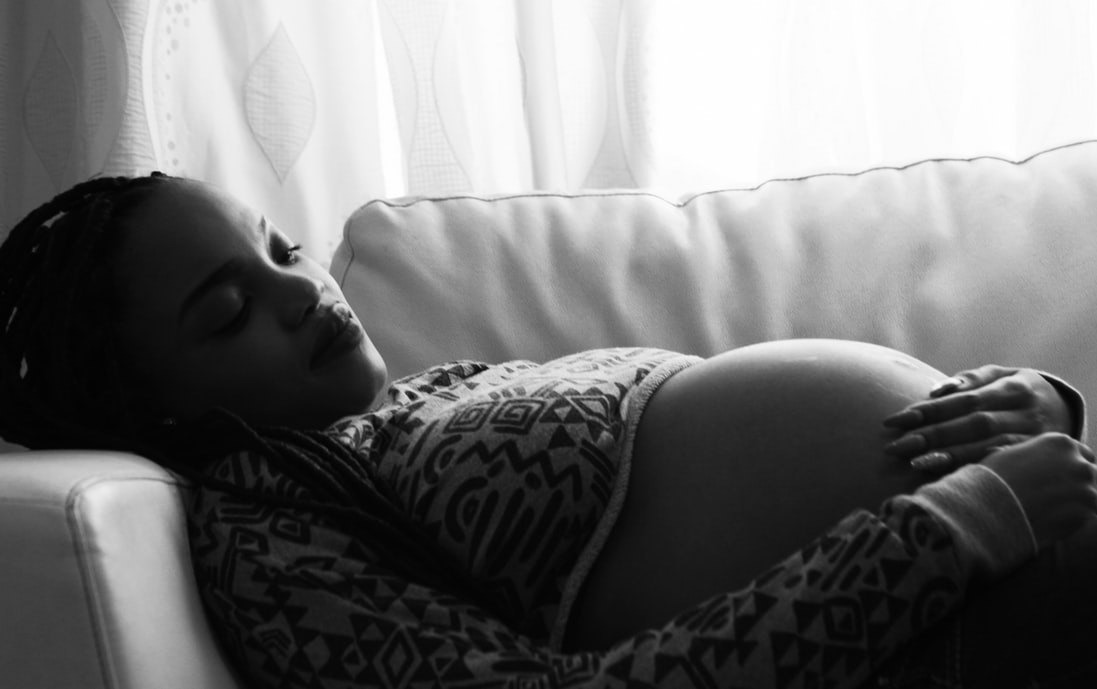
New mothers experience depression during or after pregnancy, based on a survey of 1,000 new and expectant women in UK.
Seventy percent of the surveyed new and expecting mothers by The Baby Show admitted to having experienced mental problems, including depression, during or after pregnancy.
Findings reveal that the most common issues were anxiety (36%) and post-natal depression (12%). Meanwhile, about two-thirds (63%) of new mothers confessed that their self-esteem had shrunk since they became a parent. Fewer than one in 10 (9%) gained confidence after they gave birth.
The biggest concerns of first-time mothers are fear of the unknown (65%), pain of giving birth (52%), medical complications (46%), post-birth, money worries (31%), isolation and loneliness (18%), and fear that they would be unable to cope (12%).
Researchers also identified 89% of the women who believe the government needs to provide more support for new parents in terms of taking care of their mental health. Almost one in four agree that the call is urgent.
The Baby Show reported that over half (51%) of new mothers with mental ill health wanted to be with their family instead of professionals, such as their GP or midwife.
“Baby blues”
Mental health campaigner, TV and radio broadcaster Neev Spencer, commented on the importance of looking after your mental health during pregnancy and beyond.
“Maintaining your Mental Health in pregnancy and beyond comes from knowledge of the condition and what you can do to prevent things spiraling. In my own experience, I wasn’t educated enough in postnatal anxiety and therefore didn’t know I had the condition. I feel it’s vital to pass on knowledge and expertise to pregnant women so they can understand and better prepare themselves,” TV and radio broadcaster and mental health advocate Neev Spencer said.
“No one is exempt from some form of ‘baby blues’ because every new mother will be affected by a hormonal imbalance of some kind. However, knowing the signs and the tips to help and reach out to people can be extremely helpful,” she added.
Dr. Sarah Vohra, consultant psychiatrist and guest speaker at The Baby Show, finds the statistics alarming and believes that resources for mental health programs must be made available.
“If you are a new mum, perhaps a worried partner, and you are struggling pre-, peri- or post-pregnancy with negative thoughts, it is important to speak out to make sure you get the right support to get you through,” she said.






